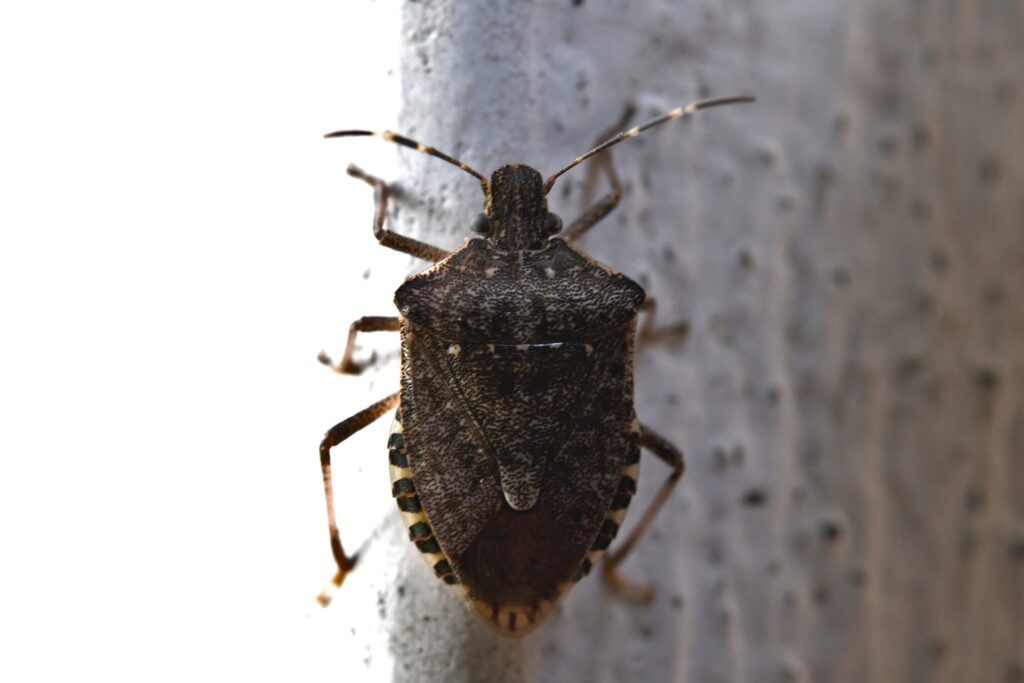
Image: Pixabay
In recent harvests, some pests have led producers to adopt more strategies, due to the difficulties and losses. There are large losses in soybean, corn and cotton crops in Brazil due to pests. Challenges are frequent with new pests, from lack of knowledge of biology, identification, problems with control alternatives and even the wear and tear of some strategies.
Factors such as the presence of hosts all year round, plants remaining from previous “tigueras” harvests, combined with other factors such as favorable climatic conditions, high temperatures and mild winters, make them ideal for the multiplication of insects.
{module Form RD}
This greater number of insects is a major challenge for producers seeking to increase productivity-profitability per area in recent years. However, tropical agriculture is challenging and the inappropriate use of some chemical insecticides and biotechnologies has led nature to give us an answer. Pests previously treated as secondary began to cause significant damage to crops (“pest shift”), in addition to those that already demonstrated high destructive potential, going through the resistance process, making it unfeasible and further increasing the need for control.
Phytophagous stink bugs are currently the most important pests in the soybean-corn production system. The brown stink bug, Euschistus heros (Heteroptera: Pentatomidae), is widely distributed in crops in the Cerrado region. However, other species of stink bugs are entering the agroecosystem, such as the green-bellied stink bug (Dichelops (Diceraeus) melacanthus and D.furcatus), occurring in certain areas with great losses. This species has a shorter cycle, greater reproduction capacity, in addition to remaining in the soil longer, attacking crops after emergence.
In general, stink bug damage to soybean crops occurs in the reproductive phase from the formation of pods, also commonly called the formation of “knives”, leading to their fall and after poor grain formation. At this stage, bed bugs concentrate in these parts, both as nymphs and adults. In corn, the plant growth point is the target in the initial phase, with stink bugs of the genus Diceraeus sp. those that lead to the greatest losses. Its stylet can reach the plant meristem, leading to deformation, compromising development and consequently the occurrence of “dominated” plants that do not produce ears.
Stink bugs after harvest can still remain in the area – straw and other hosts, or even exit to adjacent areas. It is often a “remaining account”. This behavior has led to the implementation of techniques for managing this pest until harvest, with population dynamics becoming increasingly important.
Faced with these challenging scenarios, only the rescue of Integrated Pest Management, with better knowledge of biology, sampling and good control strategies will lead the producer to win these battles, providing productivity and profitability to their business.
Source: agrolink













